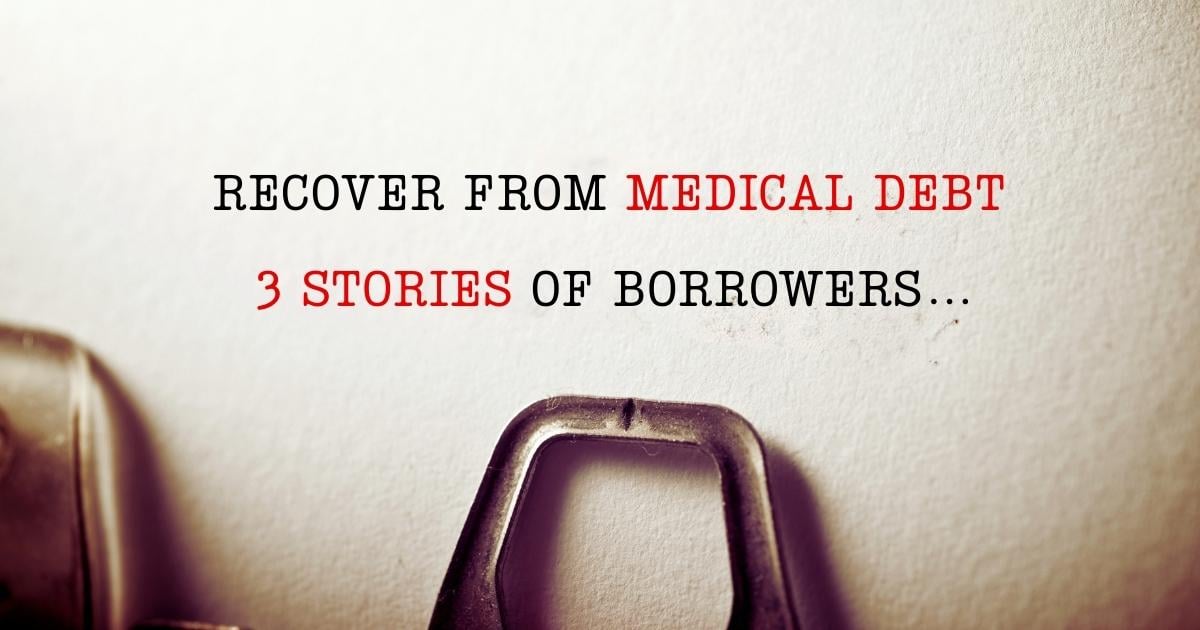· Borrower Rights · 4 min read
What Happens If a Lender Backs Out of an Agreement? Legal Action Available to Borrowers.
If your lender backs out after a loan settlement, here are the legal steps borrowers in India can take to enforce agreements and protect themselves.

In extreme cases, loan prepayment saves a financially distressed debtor. It provides an opportunity to settle an old debt with a lump sum or structured agreement established between the lender and the borrower that is typically less than the entire amount owed.
However, in other situations, the lender cancels a sale after the borrower has completed it, demanding additional payment or, worse, reporting a default to the credit office. This not only violates trust, but it also puts the borrower’s finances and internal planning at serious risk. What can a borrower do too?
This blog explores the legal options available under Indian law to help borrowers enforce settlement agreements and protect their rights.
Legal Validity of Resolution Agreements
A loan agreement is the foundation of a contract between the lender and the borrower. After both parties accept the terms and the borrower fulfils the obligation, i.e., pays the agreed-upon investment in the agreed-upon amount within the agreed-upon period person lending is fairly obligated to:
● Mark the status of the account in the credit report as settled or closed.
● Help with any new recovery measures.
● Issue a No Pretences Certificate as needed.
When such an agreement is made in writing (by dispatch, letter, or Lok Adalat order), it becomes a contract that can be enforced in a court of law.
What Happens If a Lender Backs Out of a Settlement?
Sometimes, even after a settlement has been agreed upon and paid, lenders backtrack. This can happen in different ways—like denying the agreed amount, asking for more money, failing to update your credit report, or even threatening further legal or recovery action.
These actions aren’t just unfair, they are considered a breach of contract and deficiency in service under Indian law. Borrowers have every right to challenge such behaviour.
The Borrower vs Legal Remedies
1. Consumer Court Complaint
A borrower may make a complaint under the Consumer Protection Act, 2019, on the following:
● Violation of the agreement contract
● Mental bullying and damaging of their dignity
● An illegal trade practice
Depending on the amount involved, you can make an approach to the District, State, or National Consumer Forum. You have to give:
● Substantiation that the agreement of a resolution had been reached
● UTR of payment or bank statements
● Emails with the lender
● Credit Report with incorrect reporting (if any)
2. Specific Performance Civil Suit
Under the Indian Contract Act of 1872, you may also file a civil lawsuit for particular performance of the contract. This entails asking the court to compel the lending institution to acknowledge the initial agreement.
This is especially useful in situations where the lender is not subject to RBI regulation, as is the case with online lending platforms or private financiers.
3. Tradition of Lok Adalat Orders
If the agreement has been made in a Lok Adalat, the award is in the form of a decree of a civil court under the Legal Services Authorities Act, 1987.
If the lender doesn’t follow the order, it’s a serious issue—you can ask the court to enforce it through civil legal action.
Step-by-Step Practical Measures
Retain Every Communication in Agreement
● Emails
● Letter of communication
● Payment bills
● Call recordsTrain a Legal Notice
Use an attorney and request that, within a certain time limit, compliance with the request is attained. This mounts pressure and forms a record.Contest Credit Report
Submit a disagreement with CIBIL, Experian, or Equifax with copies of the agreement papers. Responses are supposed to be given within 30 days by the lenders.RBI or Banking Ombudsman
In case of lending by the bank or any other authorised banking or non-banking reality (NBFC) under the RBI, one can approach the RBI through https://cms.rbi.org.inMove to SEBI or MCA
If it’s a listed company or a fintech app, complain to SEBI or the Ministry of Corporate Affairs regarding violation of laws.
Key Case Trends
● ICICI Bank vs. Shanti Devi Sharma (NCDRC, 2017):
It was determined that a bank cannot charge for fresh agreements after the original payment has been made.
● Axis Bank vs. Sandeep Singh (Lok Adalat ruling):
It was established that Lok Adalat awards are final and list, and banks must follow them.
Conclusion
Borrowers’ rights should always be respected.
A settlement is a two-way agreement, lenders can’t just back out of it. Indian law strongly supports the enforcement of such deals. If you’ve already paid what you agreed to, don’t be afraid to stand up for yourself. Keep your documents safe, stay informed, and take legal action quickly if something goes wrong.
The law is your friend.



